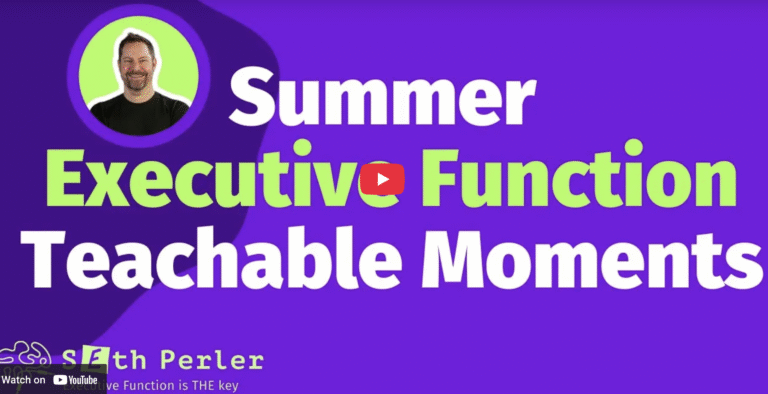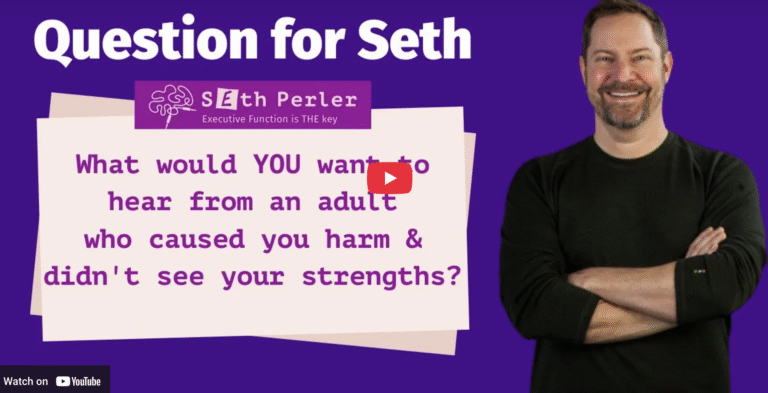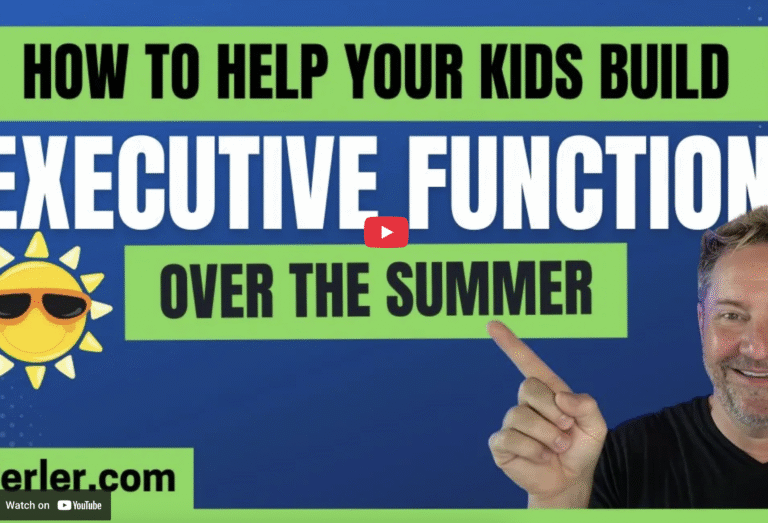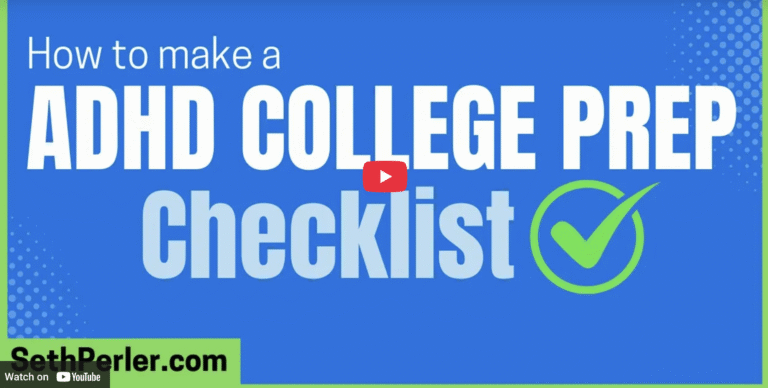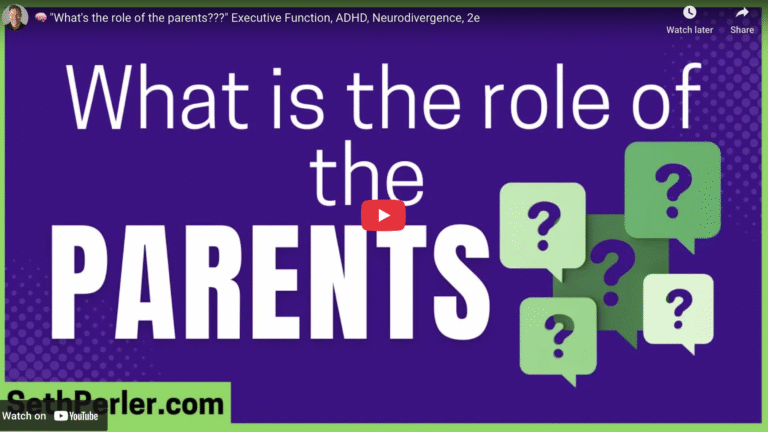FOR STUDENTS: Hail Mary – End of the semester STRATEGIES
I made this one ESPECIALLY for middle, high school and college students to BECAUSE this is the time of the semester when things can completely f a l l a p a r t !!!!!!!!!!! Parents, you’ll want to view it first and then share it with your child if



